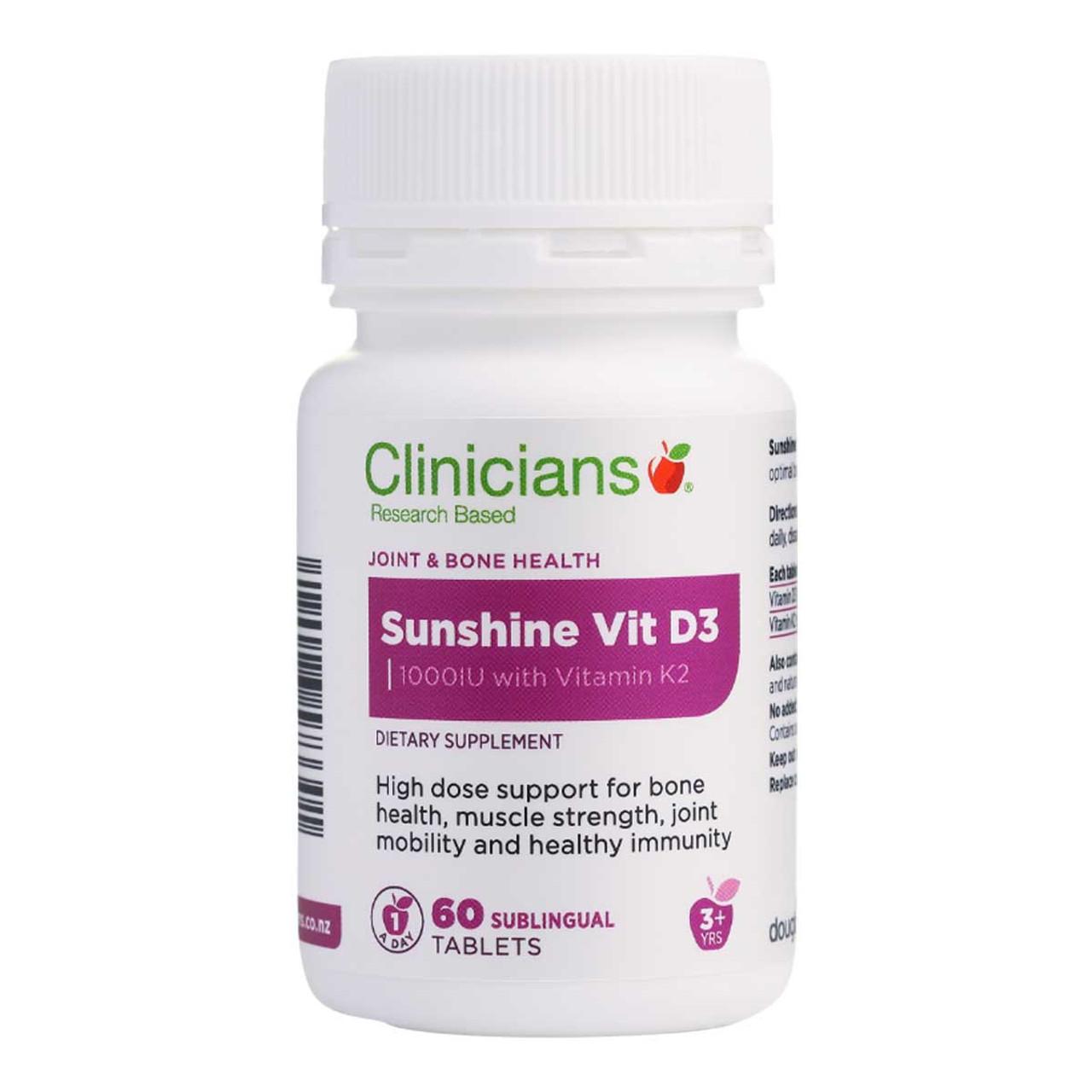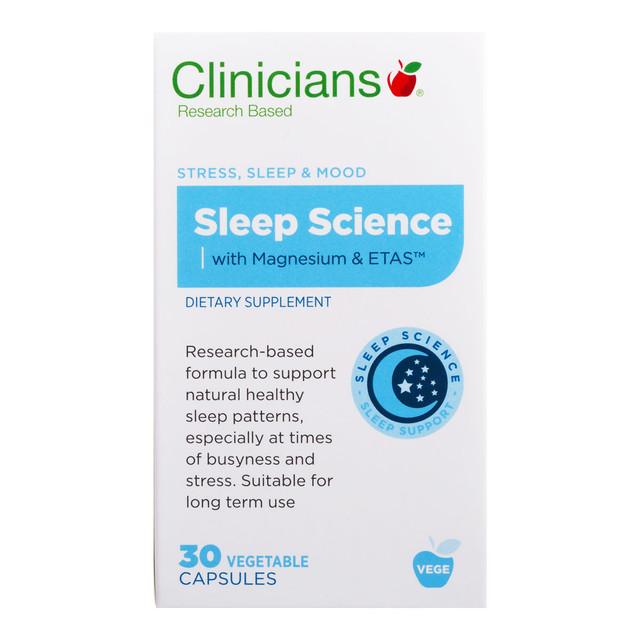
It should come as no surprise to hear that stress and sleep support came out top of everyone’s wellness list in 2022. Given the challenges of the last few years, even the most positive and resilient have not remained unaffected. However, although we cannot change the world around us, we can adapt to change and support our wellbeing. This is where natural health can provide great tools to get through tough times.
Let’s understand what’s going on in the body and have a look at some nutritional and natural health options to help us live well and feel good this season.
What is going on chemically in the body to affect sleep and stress management?
The way our body deals with stress is a primitive mechanism, designed to keep us safe from the world around us. Known as our “fight or flight” system, it works through chemical signals produced by our adrenal glands and nervous system. The adrenal glands sit on top of the kidneys and respond to alerts from the brain when it thinks we are in danger. These days threat situations for many are more like “Can I get this work done in time?”
Constant stress situations can lead to excess release of a chemical called cortisol. This is released in the morning in response to daylight and makes us awake and alert. Normally, levels decline during the day and night-time our night-time sleep hormone is released in response to it getting dark. Unfortunately, when we are stressed, too much cortisol is released and spikes of it through the day might leave us feeling jittery and overwhelmed. It can also occur in the night, often around 3am, and cause us to feel wide awake when we should be fast asleep.
What about our mood?
When it comes to our mood, we are governed by a bunch of chemicals called hormones and neurotransmitters. Many factors can affect the types of mood chemicals we create, including our genetic makeup, diet, habits, age, what is going on in life and stress. The brain is wired to respond to chemicals and there are two main sets of wiring. One is called the dopamine pathway which provides our motivation and is our reward and pleasure response. The other is the serotonin pathway that makes us feel calm, relaxed, happy, and focused. At times, these pathways can become out of balance and affect our mood.
How does what I eat affect my mood?
All of our essential vitamins and minerals play a part in supporting mood and stress - this is why a varied and balanced diet is important. However, when looking at stress and mood there are some standout nutrients.
Protein
The protein we eat is broken down in the digestive system into its smallest components called amino acids. These are the building blocks for making our hormones and neurotransmitters.
This means eating a diet rich in protein will provide the nutrients we need to make our mood chemicals. Rich sources of protein include meat, fish, dairy products. Plant-based options include beans, peas and nuts. For those looking for additional support there are a variety of protein powders. There are also specific amino acid formulas like those containing 5-HTP or L-Tryptophan, which support healthy serotonin levels for a calm relaxed mood and healthy sleep patterns. REM Sleep and 5-HTP Mood Care both contain optimal levels of amino acids to support good mood, and a good night’s sleep. Other amino acids include L-Tyrosine and L-Phenylalanine that support healthy dopamine levels for thyroid health, positive mood and motivation. Good Mood is formulated with three important amino acids and B vitamins to support feel-good feelings.
| Shop REM Sleep → | Shop 5-HTP Mood Care → | Shop Good Mood → |
Healthy fats
The wiring and conduction of electrical signals in the brain relies on the fatty layers surrounding our brain cells. So, you can imagine that dietary fat would affect mood. In fact studies have shown that eating a low-fat diet can adversely affect mood.
If you’re looking to increase dietary fats, some are better than others. For example, essential fatty acids have multiple health benefits and can be increased in the diet by consuming oily fish. Other plant sources include walnuts, flaxseed and algae oil (Pure Omega 3 Algae). Monounsaturated fats from sources such as avocado, olive oil, nuts and seeds are also beneficial.
What vitamins are important for good mood?
B vitamins are associated with the good functioning of the nervous system, which is why when you are low on B’s you might feel a bit jittery. They’re also needed for making neurotransmitters and our energy, so make sure you’re eating rich sources such as grains, eggs, seeds and green leafy vegetables.
Vitamin C is needed to make our mood chemicals and is so essential for the good functioning of the adrenal glands that some vitamin C is always stored there. At times of stress vitamin C can be quickly depleted as it is needed make cortisol. Make sure you are having plenty of fresh fruit and vegetables.
Vitamin D is known to be less than optimal in about 30% of New Zealanders, due to our sun smart habits. Research shows a connection between low mood and vitamin D deficiency, so ensuring our levels are healthy is important. As well short and safe periods out in the sun, we can also eat vitamin D rich foods such as oily fish, eggs and fortified food.
|
What minerals are important for good mood?
Magnesium is a mineral that is easily lost from the body when we are stressed, yet it is essential for mood, deep continuous sleep and physical relaxation.
|
Magnesium is needed for making our mood and sleep hormones, which is why we can feel tense when we are low in it. Make sure you eat your green leafy vegetables, nuts, seeds and legumes to keep your levels up.
|
Zinc is another mineral needed for making our mood chemicals, in both the serotonin and dopamine pathways. It supports and soothes the nervous system and low zinc can lead to imbalanced mood. Zinc can be depleted by stress, so enjoy zinc rich foods such as fish, seafood, nuts, legumes, wholegrains, miso, tofu, brewer’s yeast, mushrooms, green beans, seeds, green leafy vegetables and avocados.
|
The power of herbs
Herbs have been used traditionally to support mood and sleep. They can be invaluable for providing support at times of stress. There are several ways in which herbs can provide support, two of the most important are as adaptogens and calming herbs.
Adaptogens are invaluable for supporting us when we are in fight or flight mode and help to balance healthy cortisol levels. This supports us to feel calmer and better able to handle stressful situations. It also supports daytime mood and healthy sleep patterns. Herbs that fall into this category include Ashwagandha (also known as Withania), the ginseng family, and Rhodiola.
|
Calming herbs can be used to support daytime relaxation when we’re overly wired or at night when we’re struggling to sleep. Many herbs can be used for both, like passionflower for instance. Taken in a small amount in the day it can support relaxation, but taken in larger amounts at night can support a good night’s sleep. Some relaxing herbs that are great for daytime include bacopa, gotu kola, lavender, chamomile and green oats. Lemon balm, skull cap and ziziphus are lovely herbs for at night.
Of course, nutritional changes and natural health solutions are just part of what can be done to support ourselves during times of stress. They work best with other stress supporting techniques such as exercise, mindfulness, yoga and connecting with family and friends. If you’re looking for a mindfulness practice, you might enjoy this blog – 6 ways to stay balanced and look after yourself.
| Women’s Mood & Stress Support → | Men’s Mood & Stress Support → |
TAPS PP8712
Clinicians (Douglas), Auckland
Always read the label and use as directed. Vitamins and minerals are supplementary to and not a replacement for a balanced diet. If symptoms persist consult your healthcare professional.





